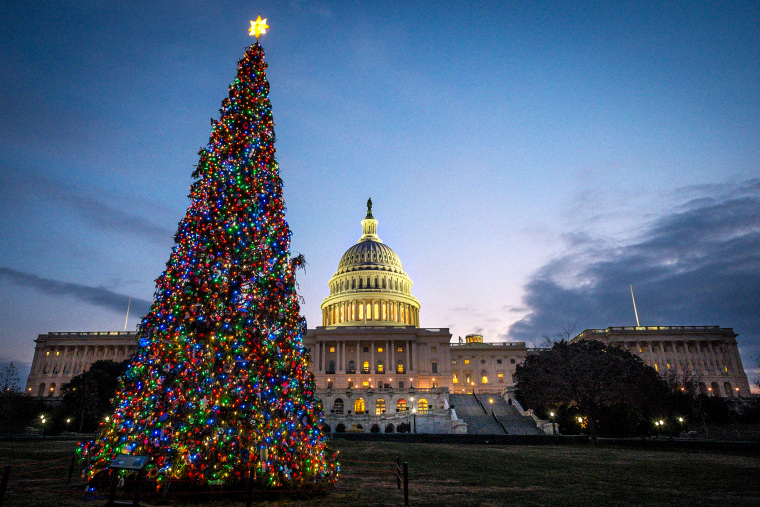Congress may have agreed on a 2-year budget deal after the Senate approved it in a 64-36 vote late Wednesday, but that doesn’t mean the two parties won’t be back at each other’s throats when they return in January.
Specifically, both sides will have some key decisions to make when they return from the holiday break.
For Democrats, the first question will be what to do about extending long-term unemployment benefits for the 1.3 million Americans set to lose them on Dec. 28.
Last week, House Budget Committee Chairman Rep. Chris Van Hollen (R-MD) floated the idea of refusing to support the farm bill unless a “minimum of $15 billion in savings” be redirected towards an extension of long-term federal unemployment benefits.
However, Van Hollen’s strategy flies in the face of efforts by Senate Agriculture Committee Chairwoman Debbie Stabenow (D-MI), who told The Hill newspaper that the farm bill was nearing completion and would likely be rolled out the first week in January.
Stabenow said that while she supported extending unemployment benefits, “that really should be in the category of disaster assistance for people, which is separate."
With many progressives already upset with the $8 billion of cuts to the SNAP program likely to be contained in the bill (on top of the $11 billion in cuts over 3 years that went into effect Nov. 1), a failure to adequately address the needs of those losing benefits has the potential to cause a schism in the party.
As for Republicans, they must decide on a strategy ahead of the next the debt ceiling, due to expire sometime after February 7 – most likely in March.
Republican leaders appear to be coalescing around the idea of once again demanding something in exchange for raising the borrowing cap, despite that strategy resulting in a government shutdown (and plenty of GOP pain in the polls) back in October.
After Rep. Paul Ryan (R-WI) first suggested Republicans would demand in something in exchange for lifting the ceiling on “Fox News Sunday,” Senate Republican leader Mitch McConnell (R-KY) doubled down on the idea Tuesday, saying the debt ceiling was a “good time to try to try and achieve something important for the country.”
All of which is to say, the Ryan-Murray budget agreement -- while significant -- will likely be a distant memory by the time lawmakers return after the new year, with Congress more likely to resemble the dysfunctional institution that characterized most of 2013, rather than the (rare) bipartisan harmony on display this week.
